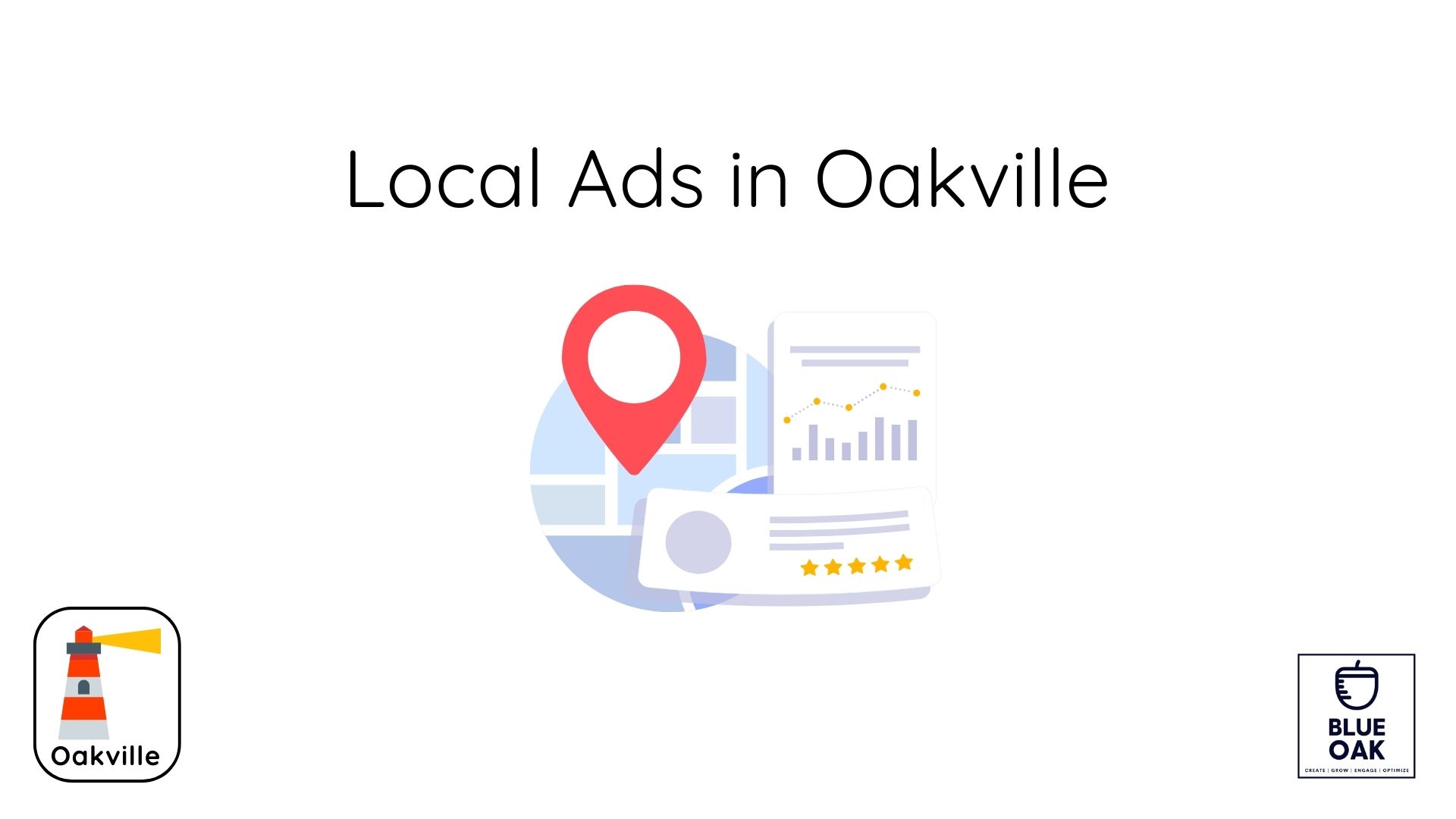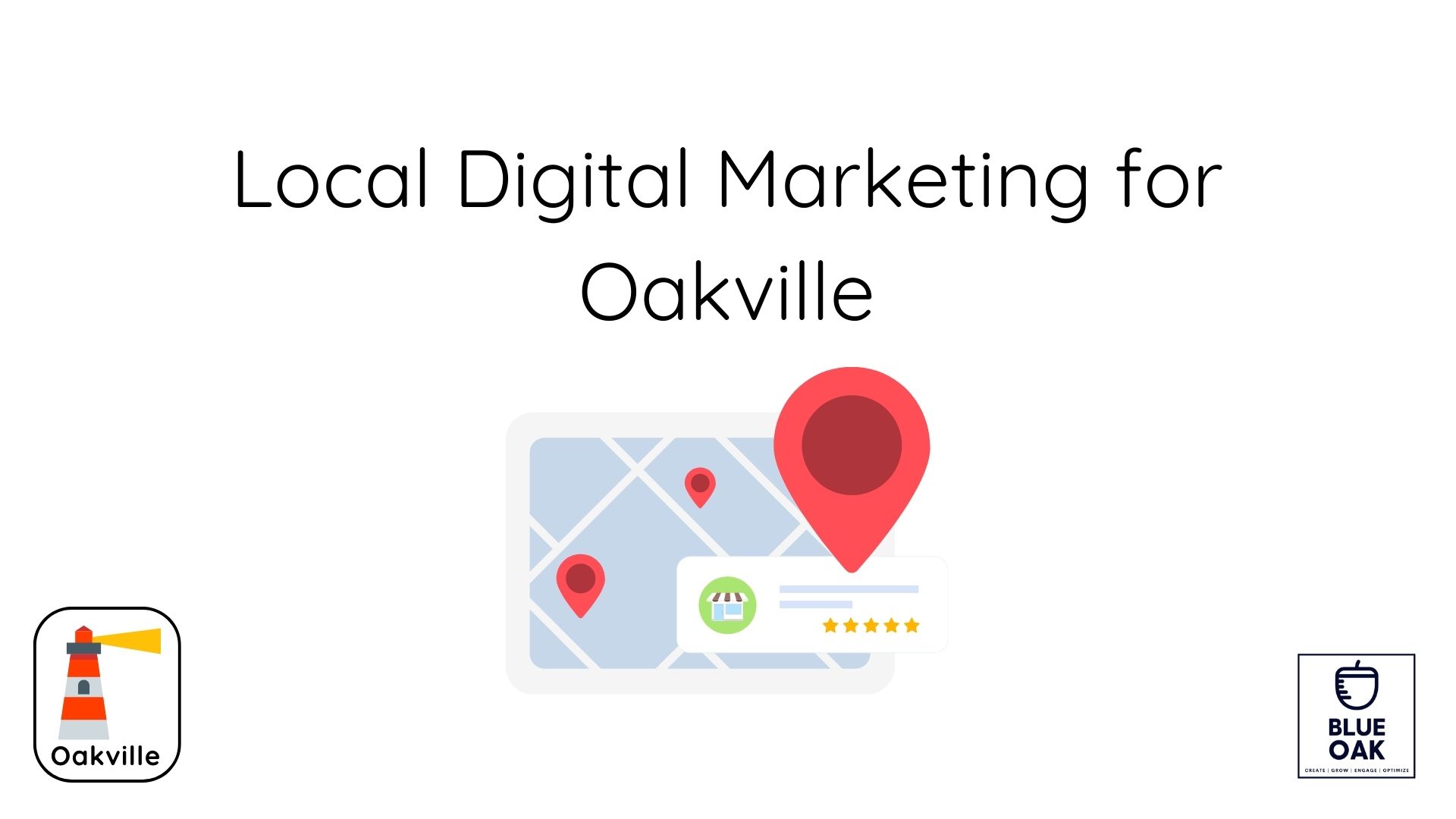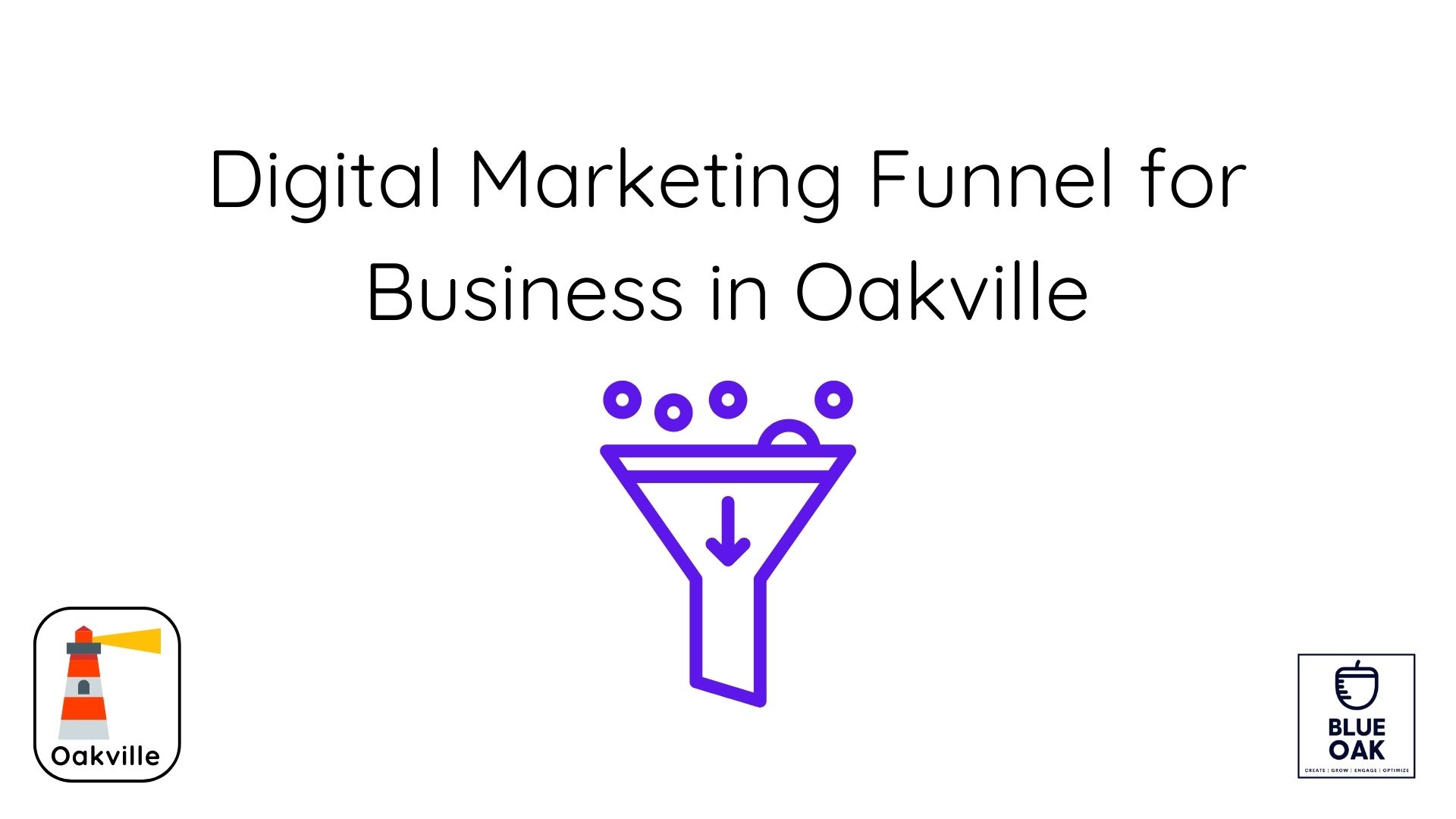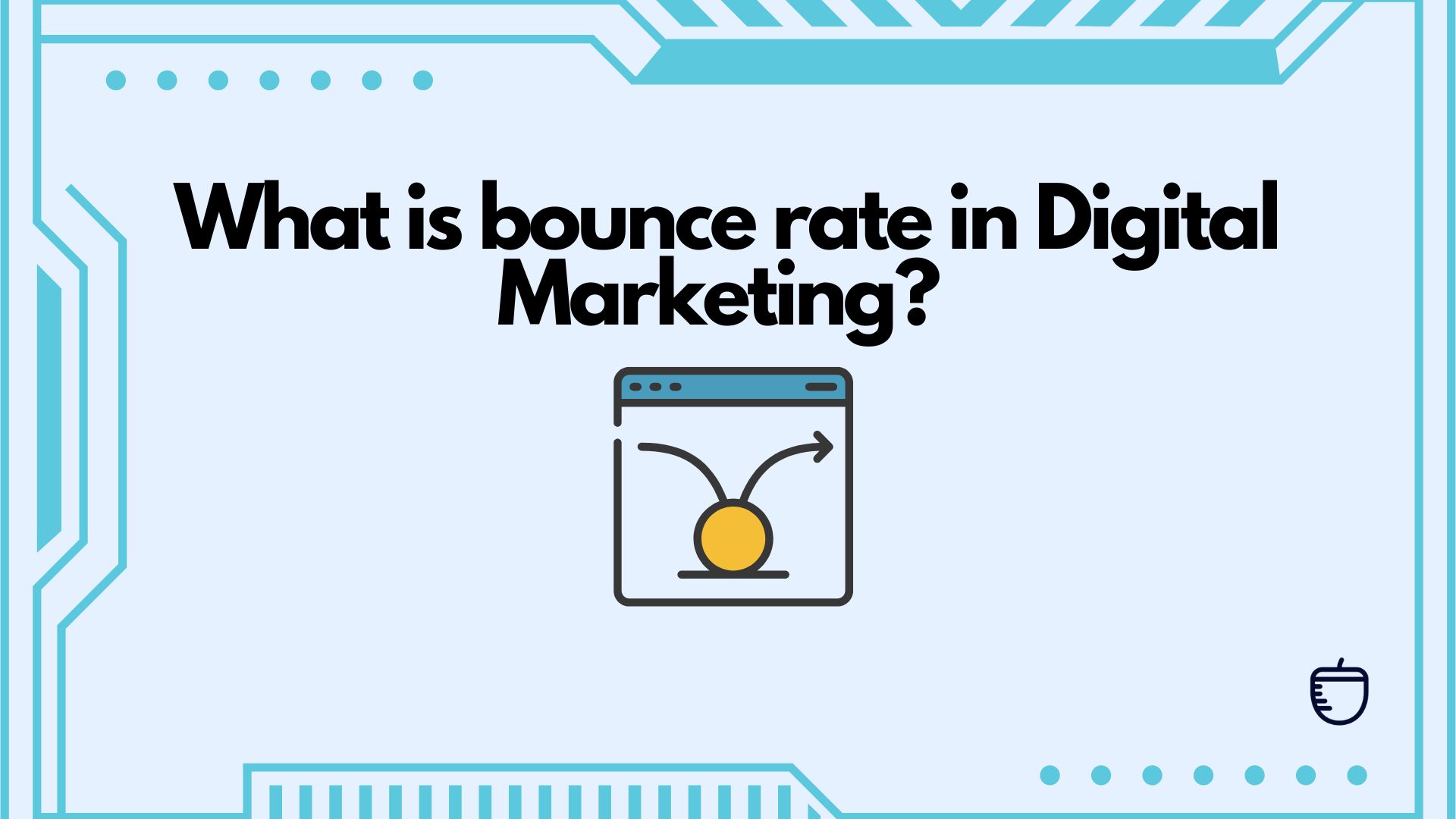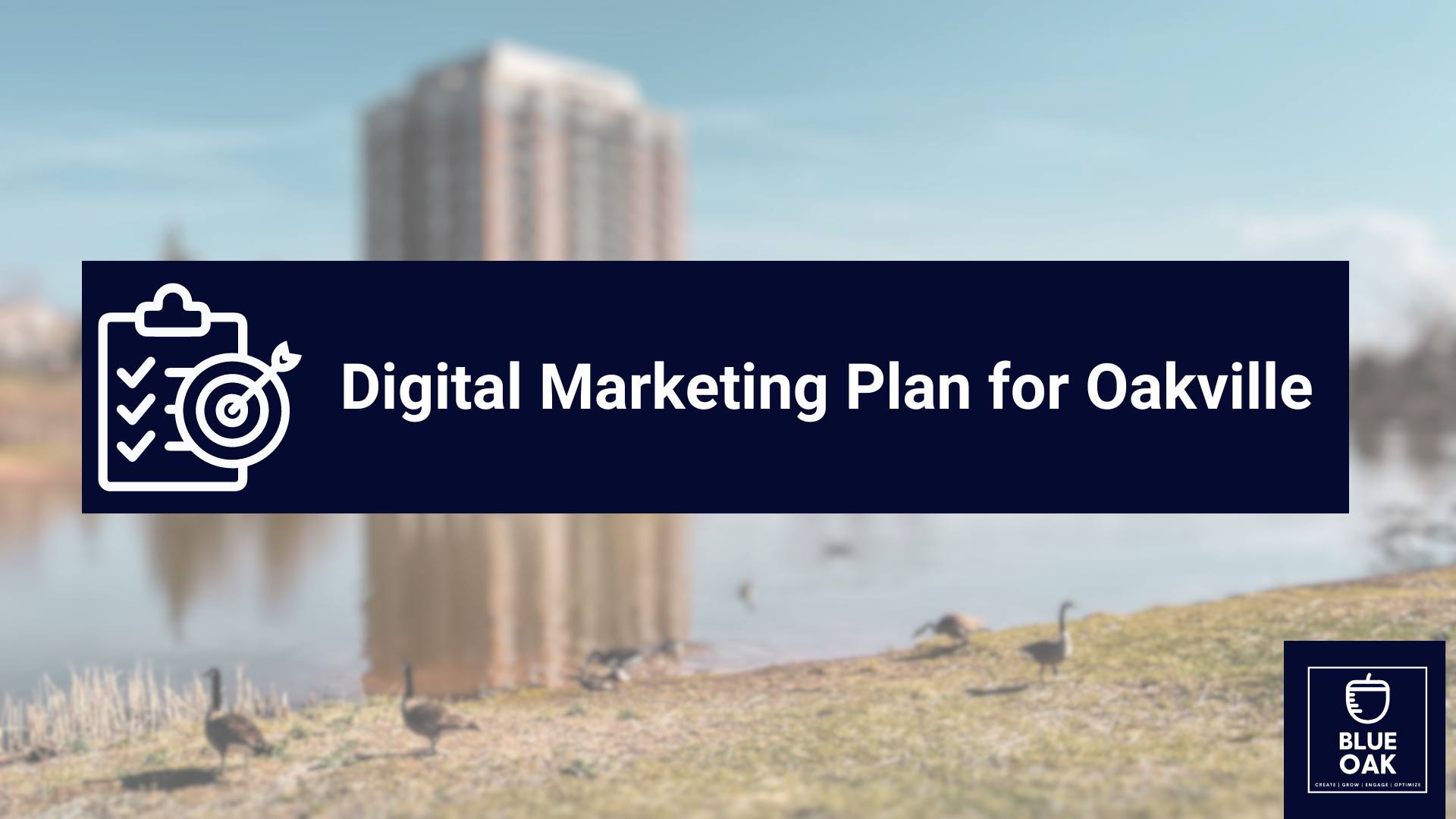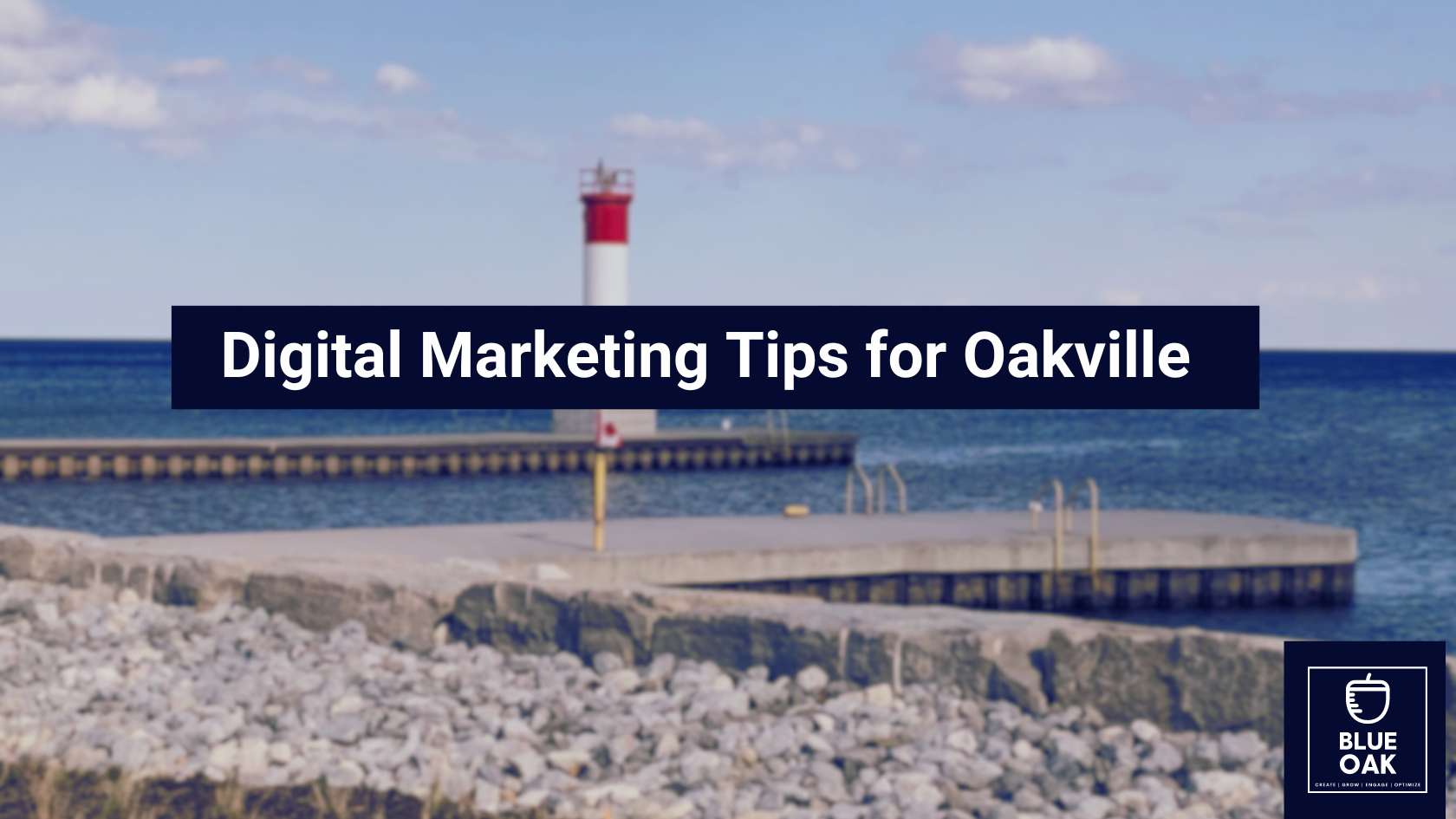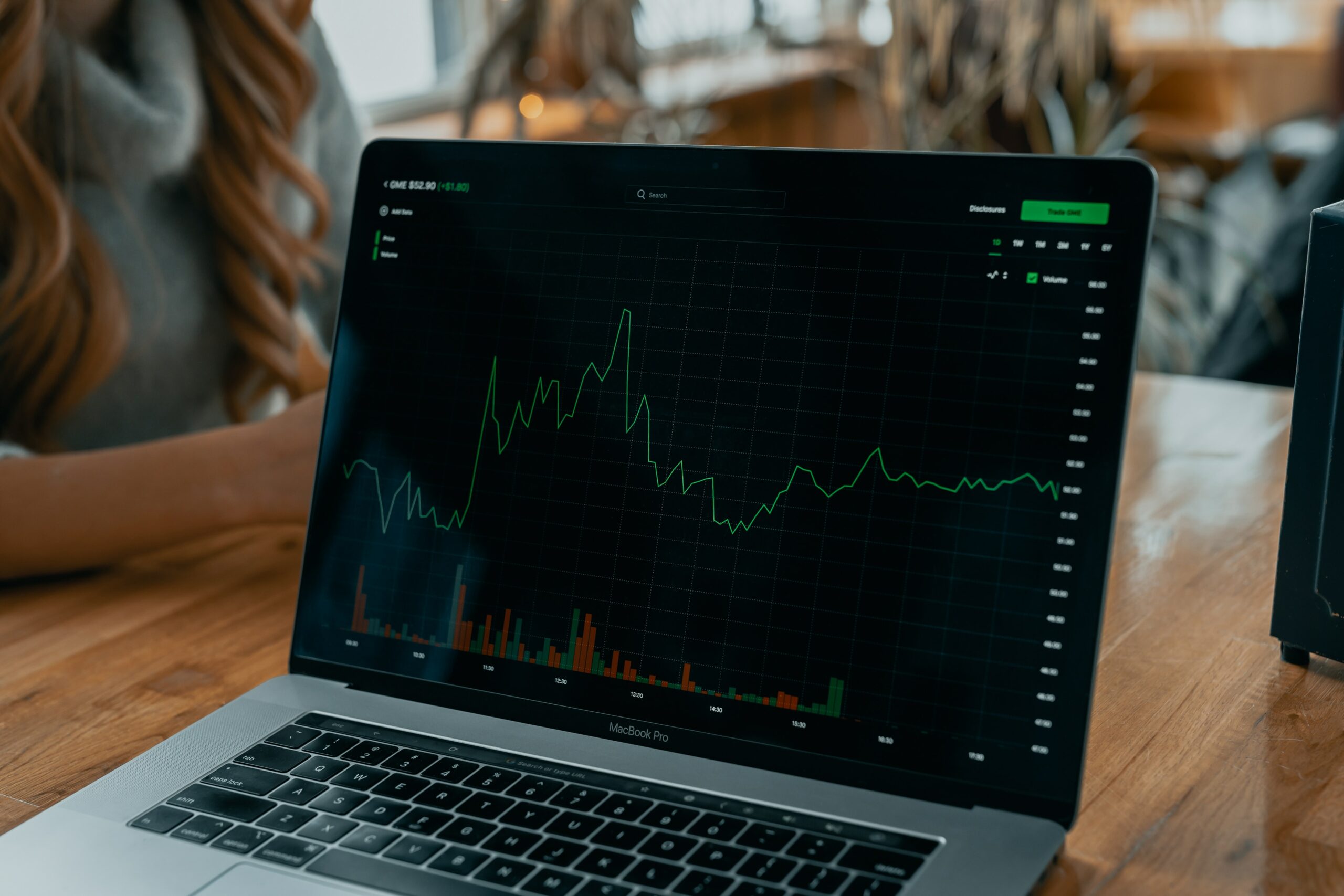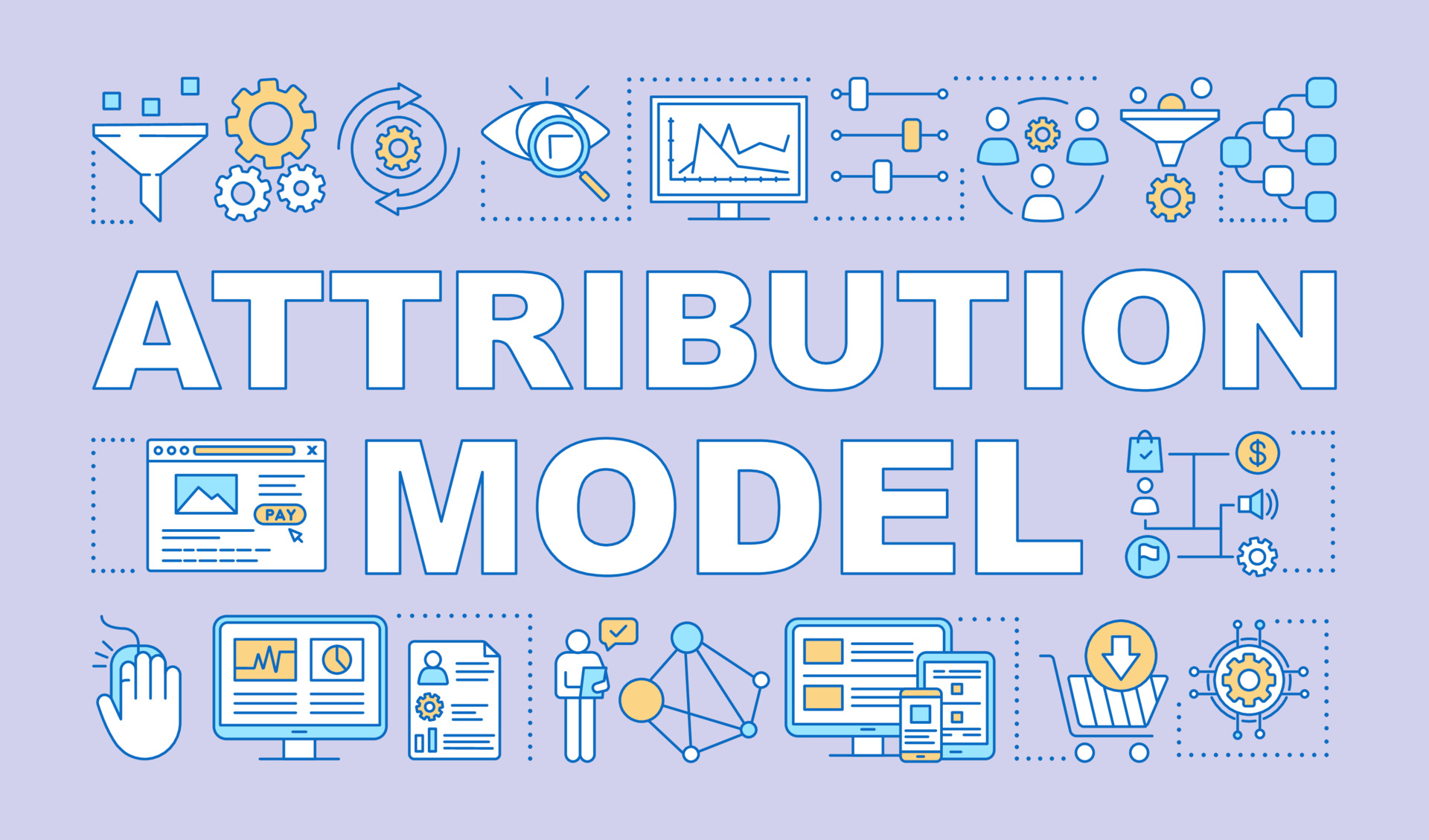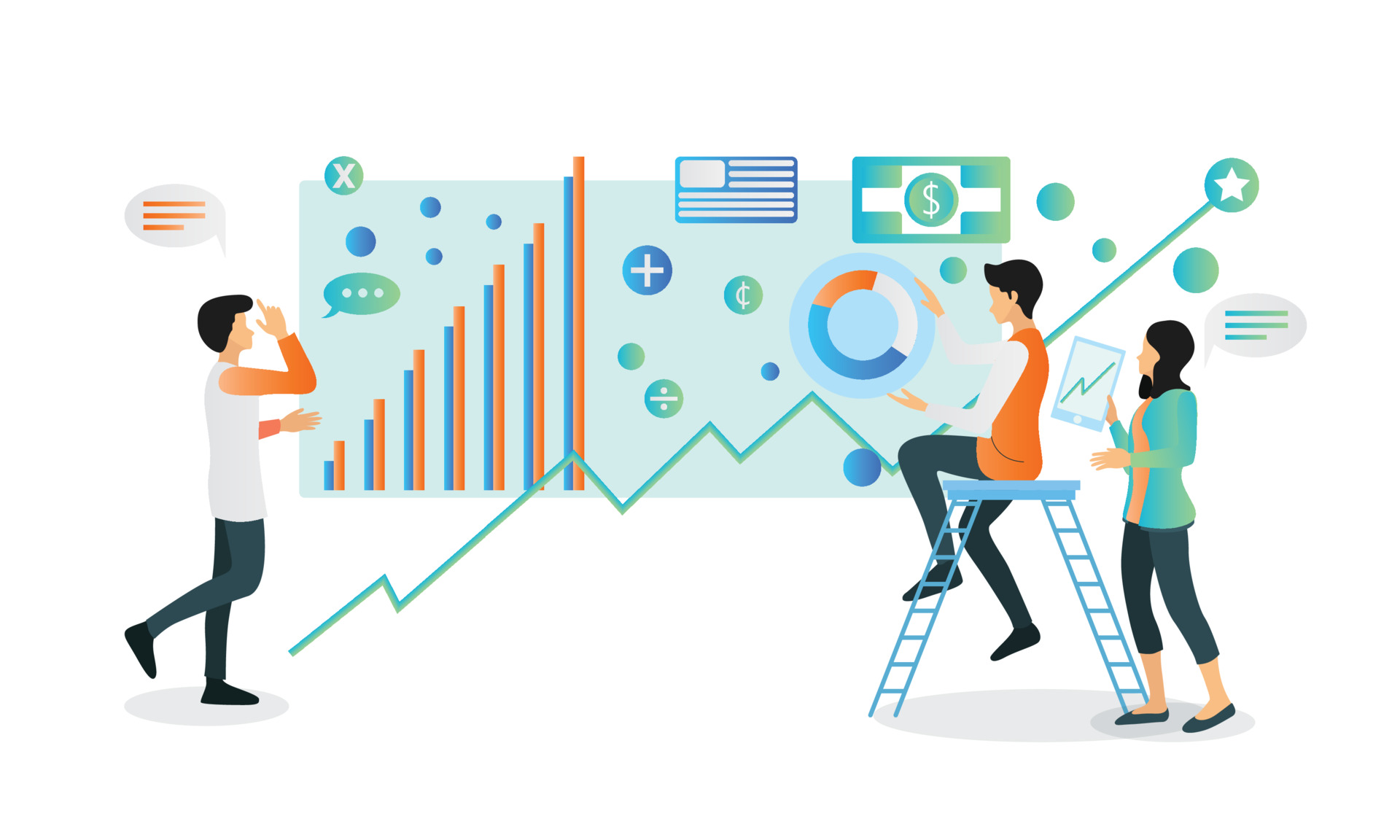What Is B2B Digital Marketing?

In the digitally driven world of business, the way companies connect, engage and forge relationships has been revolutionized. This is especially true in the world of business-to-business marketing.
Table of Contents
ToggleHowever, what does it really signify, and why should you care? Welcome to the exciting world of B2B digital marketing – a world that’s transforming how businesses reach out to their peers, cultivate connections, and ultimately drive growth.
In the current era, the old rules are being rewritten. Businesses are no longer just sellers or providers; they are storytellers, advisors, and partners. B2B digital marketing embraces this reality, utilizing online platforms and strategies to deliver compelling narratives, valuable insights, and personalized experiences.
It’s not just about promoting products or services – it’s about fostering relationships and delivering value at every touchpoint in the customer journey.
This article offers an in-depth exploration of B2B digital marketing, its benefits, key strategies, and how it differs from B2C marketing, providing valuable insights to navigate and succeed in this evolving world.
So, let’s dive in and unlock the potential of B2B online marketing for your business!
What is B2B Digital Marketing?
B2B digital marketing is the practice of promoting products and services to other businesses through online platforms. B2B marketing is directed at other businesses as opposed to B2C marketing, which targets consumers directly.
This often requires a more strategic approach, focusing on value, features, and return on investment.
B2B digital marketing uses a variety of online platforms, including social media, email, websites, content marketing, search engine optimization, and paid advertising, much as B2C digital marketing.
But while B2C marketing might focus more on emotional appeal and brand storytelling, B2B marketing often emphasizes logic, features, and financial justification.
Why the Rise in Digital?
The rise of digital platforms has transformed the B2B marketing world. Companies are no longer limited to traditional methods of marketing like print ads, cold calling, and trade shows.
Using digital marketing, companies can connect with their target market wherever they are online, including social media, email, and web surfing.
More importantly, digital marketing provides tools and resources that allow companies to target specific segments of their audience with personalized messaging.
Benefits of Digital Marketing for B2Bs
Using digital marketing tactics for B2B businesses has several advantages, some of which are as follows:
1. Expanded Reach
The capability of digital marketing to reach a worldwide audience is one of its key benefits. Digital marketing enables you to expand your reach beyond geographical borders regardless of where your company is situated or where your target customer is.
2. Targeted Marketing
Businesses may target certain audience groups with their marketing efforts using the capabilities provided by digital marketing platforms. Companies may develop tailored marketing efforts that connect with their audience and increase conversion rates by using data and analytics.
3. Measurable Results
Digital marketing delivers quantifiable outcomes as opposed to conventional marketing strategies. Businesses may use analytics to monitor the effectiveness of their efforts, pinpoint areas for improvement, and make fact-based choices.
4. Affordable
Digital marketing is more cost-effective than conventional marketing and offers a high return on investment. Businesses may choose marketing tactics that fit their budget and objectives.
What Are B2B Digital Marketing Strategies?
There are several B2B digital marketing strategies, each with its unique advantages. Here are a few of the most popular ones:
1. Search Engine Optimization
SEO is the practice of optimizing your website to rank higher in search engine results pages. The higher your website ranks, the more visibility and organic traffic it gets. For B2B marketers, SEO is an important strategy as it helps prospective customers discover their business online.
2. Content Marketing
Content marketing involves creating and sharing valuable content to attract and engage a target audience.
3. Social Media Marketing
While B2C businesses have been quick to adopt social media, B2B companies have also started to recognize the value of social media marketing. This includes influencer marketing and viral marketing.
4. Email Marketing
Email marketing remains one of the most effective digital marketing strategies for B2B businesses.
By delivering personalized content directly to the inbox of potential customers, businesses can drive engagement and conversions.
5. Pay-Per-Click Advertising
PPC is a model of digital marketing where advertisers pay a fee each time one of their ads is clicked. It’s a way of buying visits to your site, rather than attempting to earn them organically.
For B2B businesses, PPC can be an effective strategy to drive immediate traffic to their website and increase visibility.
6. Account-Based Marketing
ABM is a targeted strategy that focuses on high-value accounts. It involves identifying key prospects and creating personalized campaigns that resonate with each account. Once the accounts are targeted, different strategies are utilized to target them including paid ads, email marketing, and content marketing.
7. Webinars and Virtual Events
Hosting webinars and virtual events can be a highly effective way to engage your audience, showcase your expertise, and generate leads. Especially in the era of remote work and social distancing, these digital formats are becoming more critical than ever for B2B marketing.
What is the Difference Between B2B and B2C Digital Marketing?
Though B2B and B2C digital marketing may utilize similar platforms and techniques, the approach and objectives often differ.
Target Audience
B2B marketing targets other businesses or professionals, while B2C marketing targets consumers directly. This impacts the marketing strategy, messaging, and the channels used. For instance, LinkedIn is a more popular platform for B2B marketers due to its professional user base.
Buying Process
B2B purchasing decisions often involve more stakeholders and a longer sales cycle compared to B2C. B2B purchases are typically high-value and require a significant investment of time and resources.
Messaging
B2C marketing often utilizes emotional appeals to drive immediate purchases. On the other hand, B2B marketing focuses on logic, financial justification, and product features. This difference in messaging requires a different content strategy.
Customer Relationship
B2C businesses usually have a large customer base with one-time or short-term transactions. B2B businesses, on the other hand, often have a smaller customer base and put more of an emphasis on creating lasting connections with their customers.
In short, B2B digital marketing offers vast potential for businesses to reach and engage their target audience, generate leads, and drive conversions.
Understanding Customer Personas in B2B Digital Marketing
A critical aspect of B2B digital marketing involves understanding and developing customer personas. Since businesses target other businesses, they often deal with multiple stakeholders who influence purchasing decisions.
These might include executives, managers, or end-users, each having different needs and perspectives.
What is B2B Customer Personas?
A B2B customer persona is a semi-fictional representation of your ideal customer based on market research and real data about your existing customers. It includes customer demographics, behavior patterns, motivations, and goals.
Why are They Important?
B2B customer personas help marketers understand their audience better and create more targeted, personalized marketing campaigns. By understanding the needs and pain points of different stakeholders, marketers can tailor their content, messaging, and marketing tactics to resonate with each persona.
Key Metrics in B2B Digital Marketing
B2B digital marketing gives companies the ability to track the effectiveness of their marketing initiatives in addition to assisting them in reaching their target market. Here are some key metrics that B2B marketers should track:
Website Traffic
The quantity of users that visit your website is referred to as website traffic. It’s a crucial indicator since it helps you see how well your marketing activities are bringing visitors to your website.
Lead Generation
This metric measures how many visitors to your website or other marketing channels become leads. Leads are potential customers who have shown interest in your company or product, often by providing their contact information in exchange for valuable content.
Conversion Rate
Conversion rate is the percentage of your audience who complete a desired action, such as filling out a form, subscribing to a newsletter, or making a purchase. A higher conversion rate indicates a more effective marketing strategy.
Customer Acquisition Cost
CAC is the total cost of acquiring a new customer, including all marketing and sales expenses. It’s crucial to know your CAC to ensure that the cost of acquiring a new customer is less than the customer’s lifetime value to your company.
Customer Lifetime Value
CLV is the total revenue a business can reasonably expect from a single customer account. It considers a customer’s revenue value and compares that number to the company’s predicted customer lifespan. Businesses use this metric to identify significant customer segments that are the most valuable to the company.
Return on Investment
ROI measures the return on an investment relative to the cost of the investment. It is a crucial metric in B2B digital marketing as it helps businesses understand the effectiveness of their marketing strategies.
The Future of B2B Digital Marketing
B2B digital marketing will continue to develop as we move to the future. Emerging technologies, changing consumer behaviors, and the ongoing impact of the COVID-19 pandemic are reshaping the B2B marketing world.
The following trends are expected to influence B2B digital marketing in the future:
The Evolution of Machine Learning and AI
In B2B digital marketing, AI and machine learning are becoming more and more significant. These technologies can analyze vast amounts of data to gain insights, automate tasks, and personalize marketing efforts.
From predictive analytics to chatbots, AI and machine learning are helping businesses improve their marketing effectiveness and customer experience.
The Importance of Personalization
As B2B buyers expect more personalized experiences, B2B marketers will need to step up their personalization game.
Delivering personalized information and suggestions based on a customer’s behavior, interests, and requirements entails going beyond simple customization, such as putting a customer’s name in an email.
The Shift to Account-Based Marketing (ABM)
In the B2B sector, ABM is rising in popularity. Businesses may boost their conversion rates and ROI by emphasizing quality over quantity.
The Growth of Video Marketing
Video is a potent narrative tool, and B2B marketing is increasingly relying on it. According to a recent report by Wyzowl, 86% of businesses use video as a marketing tool, up from 63% in 2017.
B2B Digital Marketing and The Customer Journey
A successful B2B digital marketing strategy doesn’t merely revolve around attracting leads. It’s also about nurturing these leads through the customer journey — from the awareness stage, through consideration, and ultimately to decision-making.
Awareness Stage
In the awareness stage, your target audience identifies a problem they’re facing but may not yet understand fully.
Consideration Stage
During the consideration stage, potential customers are evaluating different solutions to their problems. They’ve acknowledged their problem and are actively looking for solutions.
At this point, your content should help them understand why your solution is the best choice. Case studies, comparison guides, and in-depth product descriptions can be beneficial at this stage.
Decision Stage
In the decision stage, leads are ready to make a purchase. The content should therefore be aimed at convincing the potential customer that your product or service is the best choice. Free trials, demos, discounts, and customer testimonials can be effective at this stage.
Understanding the customer journey and tailoring your marketing efforts to each stage can significantly enhance the effectiveness of your B2B digital marketing strategy.
Role of CRM in B2B Digital Marketing
Customer Relationship Management plays a crucial role in B2B digital marketing. CRM systems help businesses manage their interactions with potential and current customers. They keep track of each encounter a consumer has with your company, letting you better understand their wants and tendencies.
CRM’s importance in B2B marketing
CRM programs are a useful resource for B2B marketers. You may use them to monitor consumer interactions, categorize your audience, tailor your marketing initiatives, and analyze their performance.
In addition, CRM systems can help improve customer service by providing valuable insights into customer needs and behaviors.
The Value of Marketing Automation in B2B Digital Marketing
Marketing automation is another important aspect of B2B digital marketing. Automating routine processes like sending emails, updating social media, and monitoring client interactions entails employing software.
Benefits of Marketing Automation
Marketing automation offers several benefits for B2B marketers:
Efficiency: By automating repetitive tasks, marketers can save time and focus on strategic tasks.
Personalization: Marketing automation tools can use customer data to personalize marketing messages, improving engagement and conversion rates.
Measurement: These tools provide analytics and reporting features that help marketers measure the success of their campaigns and make data-driven decisions.
Final Words
To wrap up, B2B digital marketing is a strategic approach that involves marketing products and services to other businesses through digital channels.
By leveraging various digital marketing strategies, tools, and technologies, businesses can connect with their target audience, nurture leads, and drive conversions and growth.
Businesses must remain flexible, adapt to changes, and always work to provide value to their consumers as the digital world continues to develop.

